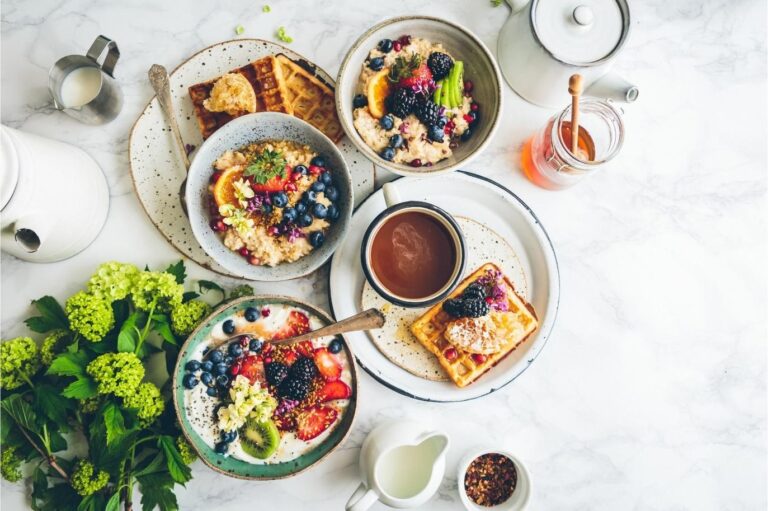The world is created for humans and animals equally. How can you then kill and consume other animals without their consent? If you are not living under a rock, you probably know what a vegan diet is. It is essentially a plant-based diet, including a variety of foods such as vegetables, grains, nuts, seeds, and fruits. Vegans avoid dairy-based products and any food items that are derived from animals. They are not down with cruelty at all. So that means no meat, no fish, and no honey! Eggs? Eww, no.
All About That Bass?
Weight loss is a goal for many, and adopting a vegan diet can effectively shed some extra pounds. America has a problem with weight, and you cannot deny it. People here glorify obesity in the name of body positivity. Vegans are not down with that. A well-balanced vegan diet helps you stay fit and healthy.
The increased intake of fiber in a vegan diet contributes to a greater sense of fullness, which can reduce the urge to snack between meals. It helps you better recognize your body’s hunger signals. Plus, a vegan diet is naturally lower in calories, so you don’t have to worry yourself to death by counting calories all day long.
Let’s Give Your Heart A Break:
Have you seen those foodies who love beef steaks and want to have them multiple times a day? You see, you don’t see them getting old. The reason? They don’t get to live long enough to look older. Yes, if you eat meat on a regular basis, you are going to have a heart attack sooner than later. Consuming a diet rich in vegan-friendly foods like whole grains, legumes, fruits and vegetables has been linked to a reduced risk of heart disease and stroke; making it a heart-healthy dietary choice.
Sugar & Spice:
A wholefood vegan diet may be beneficial for individuals with blood sugar issues. People, who follow a vegan diet often exhibit increased insulin sensitivity and lower blood sugar levels, reducing the risk of developing type 2 diabetes.
Incorporating whole grains into the diet can help stabilize blood sugar levels by slowing down the digestion process and acting as a physical barrier. They benefit from vegan digestive enzymes that keep their digestive system healthy. Including plenty of whole grains in your meals is essential to harness the blood sugar benefits of a vegan diet.
Your Body Is A Wonderland:
Vegan diets, due to their lower saturated fat content and higher presence of protective phytonutrients from fruits and vegetables, can potentially reduce the risk of complications associated with diabetes. That’s a good thing! So, if you love your body, go vegan. Try cutting down meat and fish intake first. Be vegetarian for a few months before going all in.
However, suppose you have been diagnosed with type 2 diabetes and are currently taking medication. In that case, it’s crucial to consult with your general practitioner (GP) or a registered dietitian before making significant alterations to your dietary habits. They can provide personalized guidance and ensure that any dietary changes are safe and compatible with your medical treatment plan.
